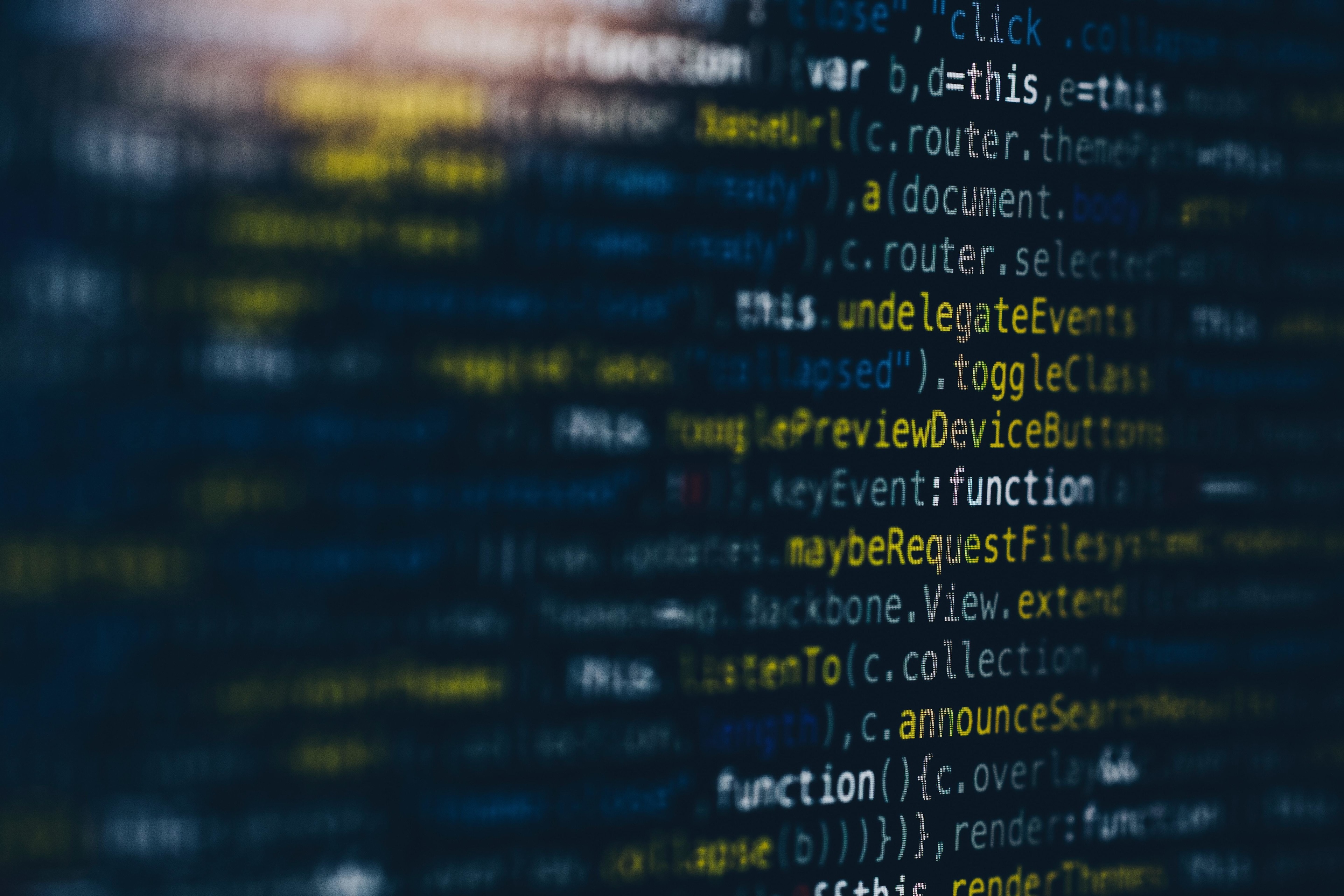
The Fourth Industrial Revolution represents a fundamental change in the way we live, work and relate to one another. It is a new chapter in human development, enabled by extraordinary technology advances commensurate with those of the first, second and third industrial revolutions. These advances are merging the physical, digital and biological worlds in ways that create both huge promise and potential peril. The speed, breadth and depth of this revolution is forcing us to rethink how countries develop, how organisations create value and even what it means to be human. The Fourth Industrial Revolution is about more than just technology-driven change; it is an opportunity to help everyone, including leaders, policy-makers and people from all income groups and nations, to harness converging technologies in order to create an inclusive, human-centred future. The real opportunity is to look beyond technology, and find ways to give the greatest number of people the ability to positively impact their families, organisations and communities.

Meet the student who can play the harp using only her eyes
"Eyeharp" is a gaze-controlled digital software that allows people with disabilities to play music, using digital eye-tracking technology seen in gaming.

9 ethical AI principles for organizations to follow
As organizations increasingly apply artificial intelligence, they must address ethical and moral concerns. This analysis proposes 9 ethical principles.

In the future, the pictures we take could move. Here’s how
A new deep learning technique developed by Washington University can animate moving material, such as waterfalls, smoke, or clouds, from a single photo.

How distributed ledger technology is revolutionizing water markets
Water markets offer a powerful mechanism for alleviating water scarcity but lack transparency. Could distributed ledger technology could be the answer?

An app that allows farmers to rent tractors could revolutionize agriculture in Africa. Here’s how
For subsistence farmers, this new system allows them to plant 40 times faster at a third of the cost – and could result in an extra 37 million tonnes of food being produced.

What is hybrid autonomous manufacturing and how can it benefit companies?
This method uses multiple processes, without human intervention and can be used in many areas, such as the creation of materials to treat bone fractures.

The 3 pillars of China's booming start-up ecosystem
In recent decades, China has shifted from being a manufacturing hub to an innovation powerhouse. What made the transition possible?

Solving India's Air Pollution Can Boost Economy and Business. Here's How
A new report estimates that air pollution in India costs the Indian economy $95 billion per year. Investment in cleantech is needed to save lives and livelihoods.

4 ways AI can help us enter a new age of cybersecurity
The growing importance of artificial intelligence in business is causing new cybersecurity dilemmas – but it can be used to solve those too

Could all your digital photos be stored as DNA?
MIT scientists are working on a more effective method of storing data using DNA, which can contain massive quantities at a very high density.

Chatbots are on the rise. This approach accounts for their risks.
An internal governance framework now exists for chatbots, saving firms time and resources. And it's necessary because this type of AI has its risks.

3 ways to unlock the world-changing power of start-ups
Technology pioneers don't just need a genius idea – they need to develop in an ecosystem that nurtures them with all the elements needed to grow.